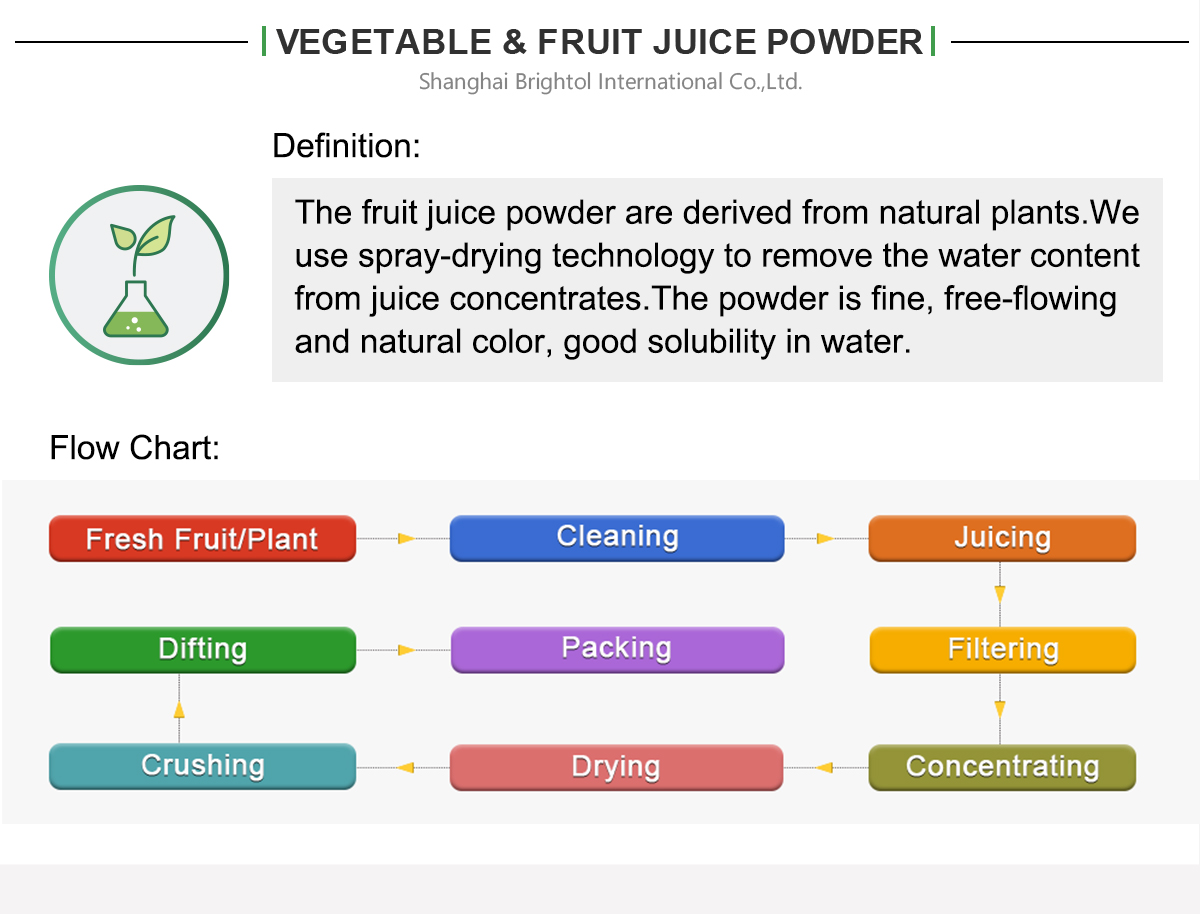

Description
The cantaloupe is a juicy, orange summer fruit that’s related to the watermelon and honeydew melon. It also belongs to the same plant family as cucumbers, pumpkins, squashes, and gourds.
The semi-sweet cantaloupes most familiar to people in the U.S. are a type of muskmelon called Cucumis melo reticulatus. The scientific name stems in part from the word “reticulated,” describing the cantaloupe’s rough, webbed outer skin.
People have grown cantaloupes for thousands of years. Most people agree it likely first grew in Persia (modern Iran). The fruit made its way to the New World with Christopher Columbus during his second voyage in the late 1400s.

 Description
Description
The cantaloupe is a juicy, orange summer fruit that’s related to the watermelon and honeydew melon. It also belongs to the same plant family as cucumbers, pumpkins, squashes, and gourds.
The semi-sweet cantaloupes most familiar to people in the U.S. are a type of muskmelon called Cucumis melo reticulatus. The scientific name stems in part from the word “reticulated,” describing the cantaloupe’s rough, webbed outer skin.
People have grown cantaloupes for thousands of years. Most people agree it likely first grew in Persia (modern Iran). The fruit made its way to the New World with Christopher Columbus during his second voyage in the late 1400s.
Cantaloupe Health Benefits
It’s low in carbs. Cantaloupes are 90% water. That’s almost as juicy as a watermelon. The high amount of liquid content gives cantaloupes a low glycemic load score of 4. That means your body digests it slowly and it won’t make your blood sugar spike. So it’s a great pick for people with diabetes.
It hydrates you. Cantaloupes are filled with electrolytes. These minerals balance body fluids in your body and keep it working right. That helps you stay hydrated and full of energy.It may help fight diseases. Compounds called phytonutrients in cantaloupes give it anti-inflammatory properties. It’s a good part of a healthy diet.










